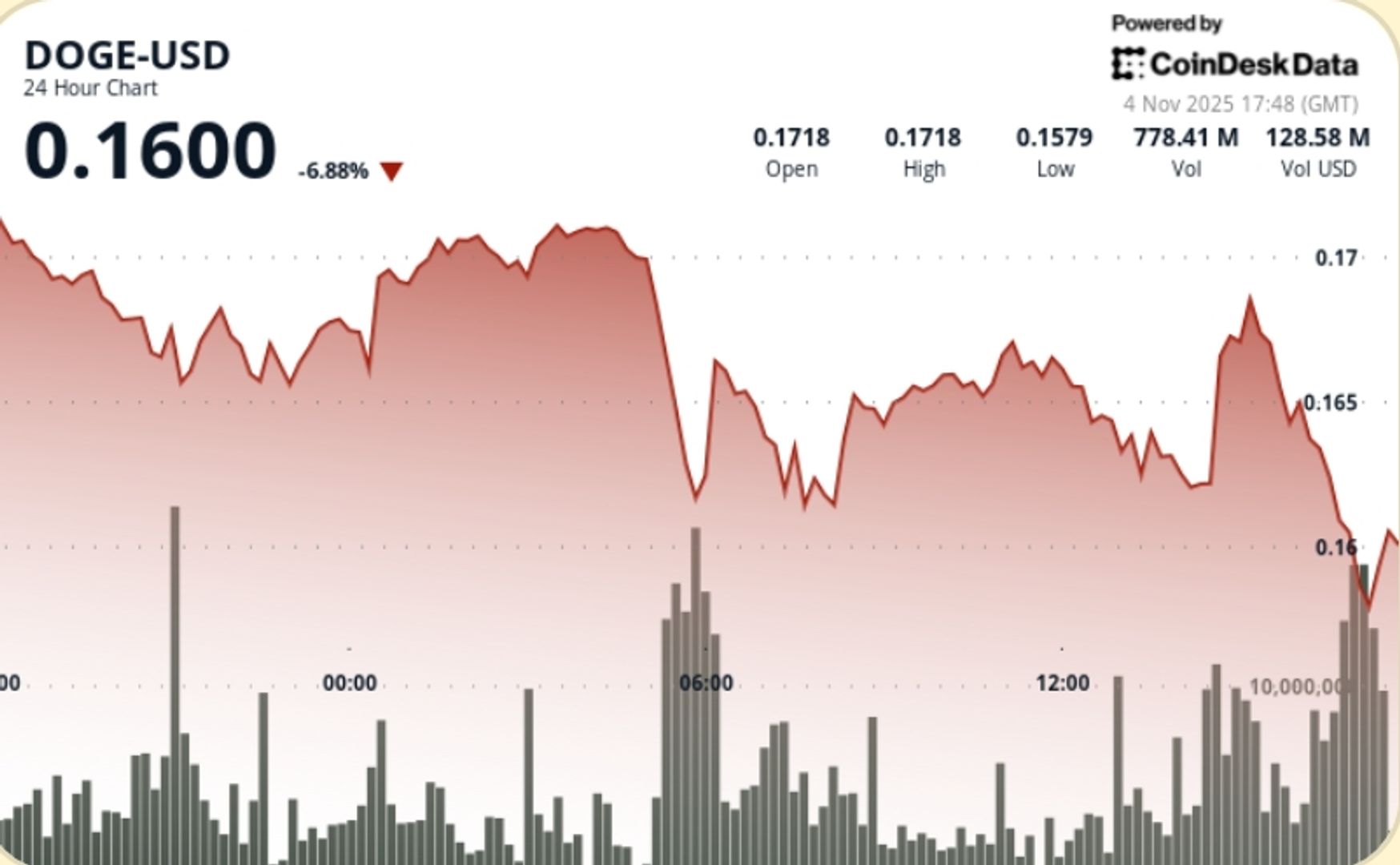The Senate Agriculture Committee released a new bipartisan draft bill that would fundamentally change the way digital commodities, including Bitcoin and Ether, are regulated in the United States.
The draft is a significant step toward passing long-sought legislation that would help create clearer regulations in the volatile world of cryptocurrencies by giving the CFTC more authority.
The bill was introduced by Senate Agriculture Chair John Boozman (R-Ark.) and Sen. Cory Booker (D-N.J.), who have been working quietly behind closed doors for months to thaw the frigid relations between Democrats and Republicans over cryptocurrency. Their alliance is a rare example of bipartisan cooperation on an issue that has long been a source of political contention.
Many parts of the bill remain in parentheses, a sign that negotiations are ongoing over issues such as consumer protections, the requirement for exchanges to register, and how to classify different types of digital tokens. Legislators say they are working through those sticking points so that a bill can move forward.
The process is heavily influenced by the Agriculture Committee, which has oversight of the CFTC. Under this draft, the CFTC would have primary jurisdiction over digital commodities — a category that includes cryptocurrencies that are not deemed securities.
CFTC moves to widen oversight
If approved, the bill would grant the CFTC new authority to register and regulate digital commodity exchanges. To protect new kinds of businesses, these platforms would have to adhere to clearer standards for custody, trading transparency, auditing, and cybersecurity.
Advocates for the CFTC expanding its role believe that the crypto market has grown too powerful and too large to allow for rampant speculation without oversight. Bitcoin and Ether alone are worth hundreds of billions of dollars. However, many trading platforms are currently operating under a fragmented or inconsistent regulatory framework.
Industry groups have long complained about the lack of uniform regulations, which they say has led to enforcement by surprise, in which agencies penalize companies after the fact instead of providing clear guidance upfront. The draft attempts to address this by providing a predictable regulatory framework.
However, not all digital currencies would be subject to the CFTC. Determining which tokens are securities — and therefore subject to the regulations of the Securities and Exchange Commission (SEC) — is among the biggest hurdles. The SEC has contended that many crypto tokens are more akin to investment contracts and should be classified as securities.
Bipartisan negotiations persist as lawmakers seek a final agreement
Legislation for the structure of the cryptocurrency market is being crafted across two top committees. The digital commodities and CFTC authorities provisions fall under the jurisdiction of the Senate Committee on Agriculture. Meanwhile, the Senate Banking Committee has jurisdiction over the sections of the bill that deal with securities laws and the SEC.
Republicans on the Banking Committee released their own market structure proposal earlier this year. Now they are negotiating with Democrats to draft a unified version. Those discussions are likely to cover how responsibilities are divided between the two financial regulators, a perennial source of friction in Washington.
Crypto exchanges, financial firms, and even large asset managers have urged Congress to develop a clearer regulatory environment. A lack of clear regulations has deterred investment and driven innovation overseas, many argue — pointing to Europe and Singapore as other locations that have already established comprehensive digital asset frameworks.
The bill is one of President Donald Trump’s priority items, which he considers advancing policies that ensure technological competitiveness while also protecting against fraud and market manipulation.
If lawmakers reach a compromise, the bill would rank among the most significant pieces of crypto legislation in American history. It would determine which federal agency should have authority over different market segments, establish guidelines for how trading platforms operate, and implement protections that help insulate investors and shape how the United States competes with other countries when companies begin issuing a new form of money on a large scale.
So, for now, it’s progress to see it at all. However, lawmakers concede that the most difficult part lies ahead. They need language that serves the interests of both Republicans and Democrats, reconciles the outright conflicting approaches of the SEC and CFTC on climate change, and appeals to an industry still deeply divided on the subject.
Get seen where it counts. Advertise in Cryptopolitan Research and reach crypto’s sharpest investors and builders.
















 English (US)
English (US)